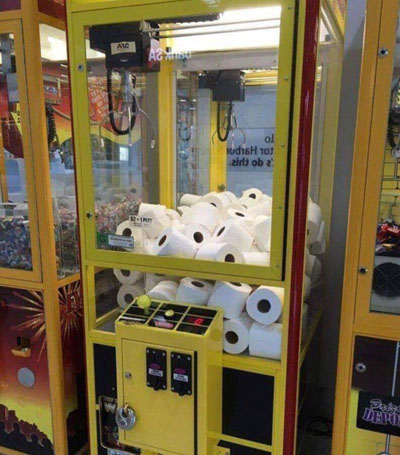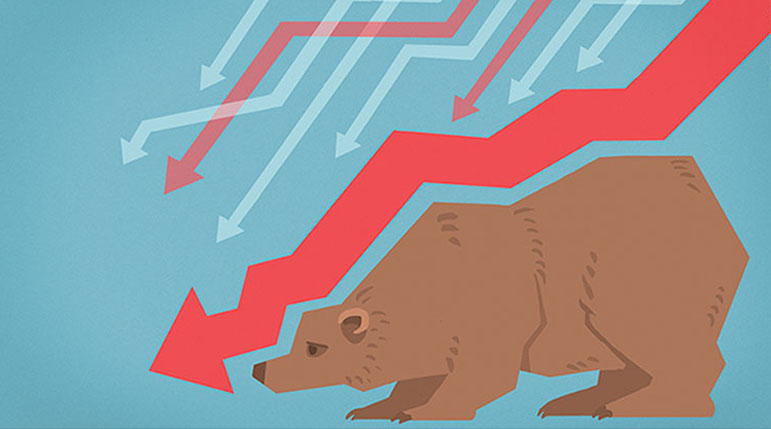The famous adage above from the Oracle of Omaha, Warren Buffett, delves into the difficult psychological battle that often confronts investors. This week certainly has been a test of that axiom, and many people are in a full-on panic. As the markets around the world continue to fall into "bear" market territory, what are we to do? When will the carnage end? Of course, no one has that kind of crystal ball, but we can take some control over the situation by adjusting our perspective. Instead of focusing on all the potential negatives, let's look at the opportunities.

As we've seen many times over history, market pullbacks do happen, and they happen for a variety of logical or illogical reasons. The key fact to remember is that they always come back over time, and this time will be no different. There is a strong chance that most of the coronavirus fallout is behind us by the summer. If history is any guide, the SARS, MERS, and H1N1 scares were short-lived. This time is different, but like these other viruses, it will run its course and we will get back to business as usual. Could the market fall further? Absolutely. Will the economy go into a recession? Most likely yes, because the definition of that is two straight quarters of negative GDP growth. However, the stock market is a forward-looking creature, and at this point, I believe some of the worst-case scenarios have been priced in. The real underlying story is how will the virus, or more aptly, the fear of the virus, affect businesses and earnings. A 25%+ drop is more than enough at this point to account for what is likely to be a temporary blip. If China is any example, they basically took two months off and are now ramping back up.
Also, with an increasingly accommodative Fed policy, rates are going lower toward zero. That won't help with the virus at all, but after it has passed, it will create an environment that once again fosters risk taking. Cash and bonds will earn next to nothing and people will have to put their money somewhere to work for them. Stocks trading at a 25%+ discount that pay an average dividend yield of 2% (which is higher than long-term treasuries) seems like the best risk/reward. The bottom likely will be coming soon, but until then we will bounce around in a volatile environment driven by headlines until we've reached the point of Coronavirus saturation where it doesn't faze us anymore. It's really a pretty crazy scenario that nobody saw coming. However, that's often the case with precipitous market falls. In 1987, 2001, and 2008 we also saw similar 25% pullbacks that occurred in a 3-week span. Hopefully, you can take solace in the fact that we recovered from all those pitfalls before.
Aside from the equity markets around the world, remember that portfolios often have other components that act as ballasts. The Barclays aggregate bond index is positive for the year and precious metals like gold and silver are also up for the year. Allocations to non-equity asset classes can alleviate short-term pain and potentially make staying the course a little easier. After extreme market volatility, it may be time to rebalance back to your target allocations. While buying stocks now is gut wrenching even for us professionals, it is called "buy low, sell high" for a reason. Of course, everyone's situation is different, but following these guidelines, as well as keeping enough cash on hand for emergencies should help you sleep better at night and not be persuaded to deviate from your long-term plan and goals.




